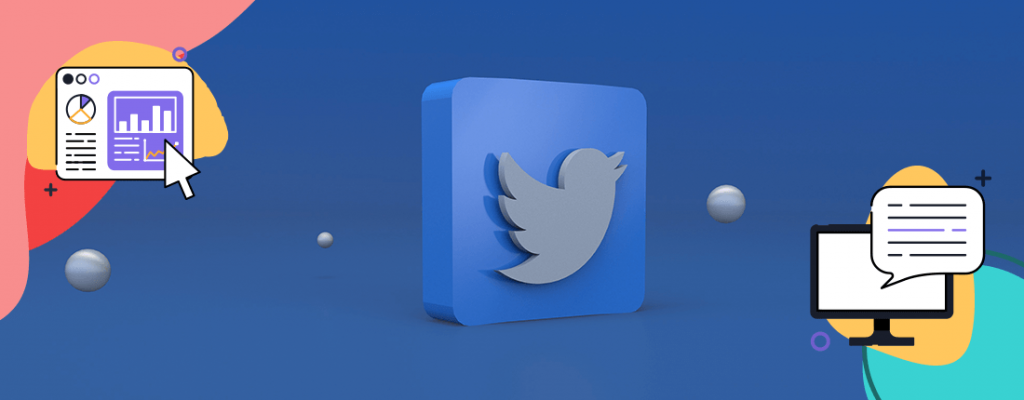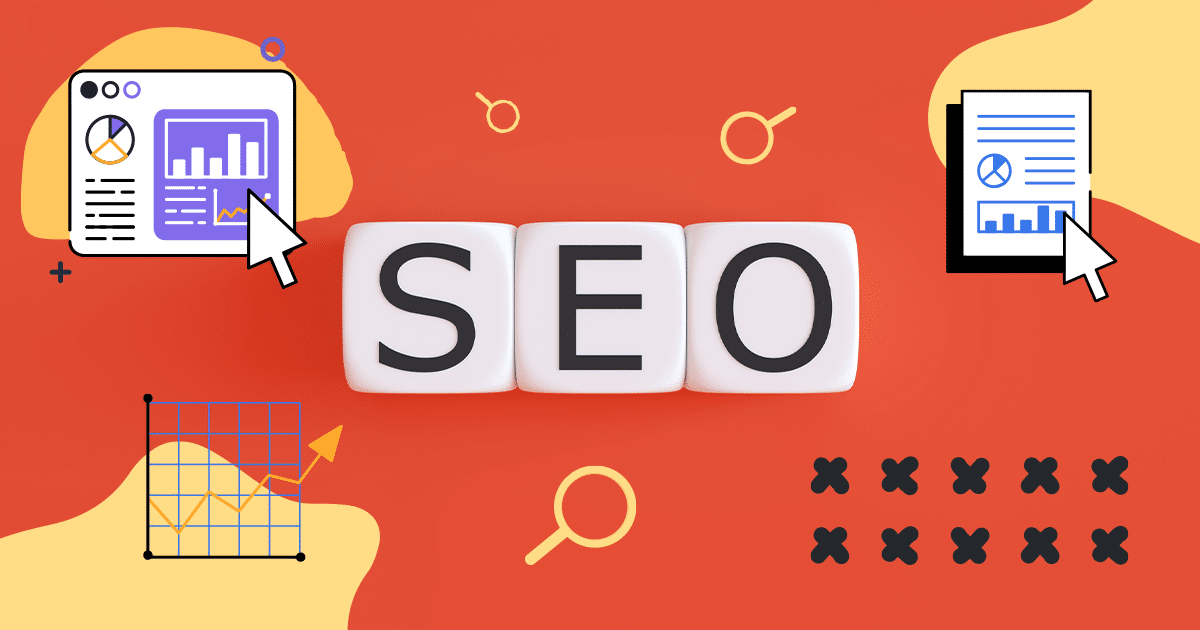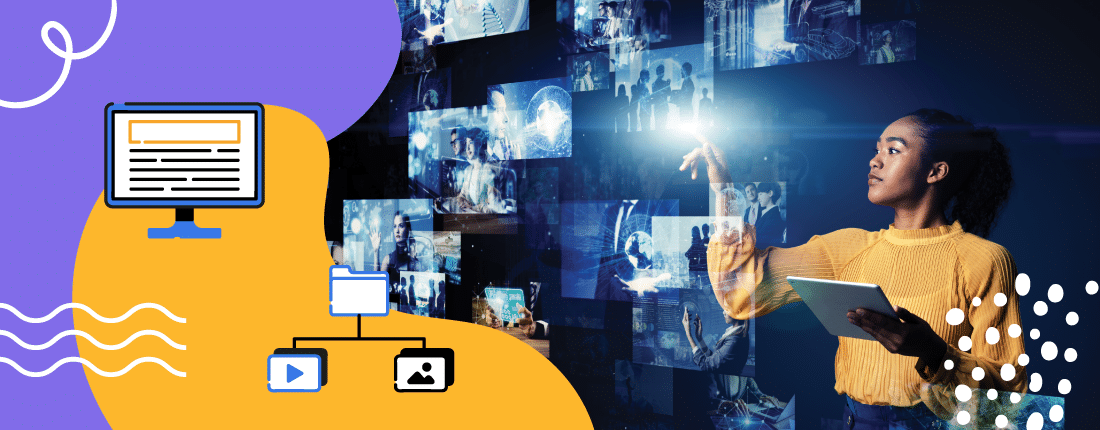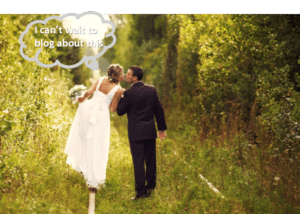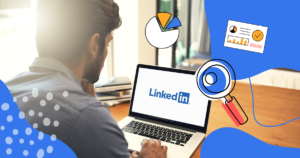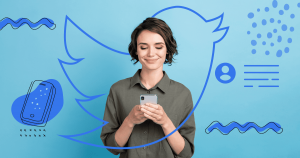Fake news, harassment, and misinformation have always existed, but with the outbreak of social media, they gained larger dimensions. Now, we are wondering how the internet impacts our decisions, good coexistence as a society, and social behaviors.
The billionaire owner of Tesla, Elon Musk, brought this topic to the table by throwing a poll on his Twitter account questioning the platform about its promise regarding freedom of speech. Right after doing this, this week, he bought nearly 10% of Twitter shares. Curious, isn’t it?
The results of that poll were even more interesting. The majority of the results, 70%, didn’t think that Twitter rightly adheres to the principle of freedom of speech. Anyways, it’s a biased poll since it was aimed at Musk’s followers – it’s not scientific-based at all.
Free speech is essential to a functioning democracy.
— Elon Musk (@elonmusk) March 25, 2022
Do you believe Twitter rigorously adheres to this principle?
During this week, Musk also made more polemic tweets saying that he would work to “make significant improvements to Twitter”, and made another poll, now asking if his followers wanted an edit button. Quickly, Twitter said that Musk won’t decide on product roadmaps and that the edit button was being developed long before the billionaire’s poll.
The fact is that Musk has a history of complaining about Twitter’s moderation tools, although even his anti-vaccine posts and bad “jokes” involving even Hitler were not deleted by the social media platform. For Musk, due to the moderation tools, the new CEO of Twitter, Parag Agrawal, is compared to Joseph Stalin, for example.
Blaming Twitter, Facebook, or YouTube (and even present and past generations) for preventing our free-speech is to just scratch the surface of the entire problem. Manipulation, fake news, and even censorship seem like the daily breakfast for every social media user.
The big question is: who to believe? How can we learn to trust our own timeline? And how to prevent personal damage from it? In this article, we will discuss the mysteries about our freedom of speech and social media in modern days.
And if you like to receive articles like this directly in your inbox, consider subscribing to our interactive newsletter below!
A quick overview of the political landscape
One of the first episodes were people start talking about this issue was with the Cambridge Analytica Scandal, which showed how the US Republican Party was improperly using Facebook data to build voters’ profiles in the 2014 elections.
The reaction was the first hint of how social media is capable of shaping behaviors. And also led to many conspiracy theories, which asked the same thing: If we are being manipulated through social media, do we really have freedom of speech?
In other scenarios, political leaders like Brazilian president Jair Bolsonaro, have shown their appreciation for other social platforms, like Telegram, which the Brazilian court wanted to block. However, other channels, like YouTube, Twitter, and Facebook, have turned down Bolsonaro for violating the rules to avoid spreading misinformation.
But it is not all bad news and scandals. Yes, there were a lot of times social media was very useful in political scenarios.
For example, in 2011, Facebook and Twitter were very useful to organize an uprising against the government in Egypt. Also, in Venezuela (where I am from), social media is very important for those journalists that have been banned from conventional media, such as radio, and TV.
And in the current Russian/Ukraine war, TikTok was used by Ukrainian influencers to share images of the war when the conventional media wasn’t doing it. But, at the same time, the platform was being used to share a lot of fake news about the war as well.
What about us, brands, and digital professionals—is there room for us in this conversation?
Even looking at both sides of the coin, it’s clear that there is a lot of debate about social media behavior and freedom of expression (and this debate goes far beyond a Twitter poll).
This is important stuff for us, as digital professionals. If an online environment is not safe and doesn’t have credibility, are you going to communicate your brand there? As billions of people use social media every day, it’s impossible for our companies to not be there. So, it’s also our job to guarantee a healthy digital place for everybody, right?
Recently, LinkedIn blocked job posts exclusively for black and indigenous people in Brazil. Many large companies protested, federal prosecutors opened inquiries and activists sued. This made LinkedIn reverse its approach, which led the company to change its policy for Latin America.
At the same time, other social media platforms, like Facebook, boosted angry content among its algorithms just because it has more engagement – and this caused people to consume more time-consuming advertisements. The scandal had internal documents being published to the press showing, for example, that the company did nothing when it knew that Instagram could help develop mental disorders among teenagers.. Facebook had even changed its name to Meta as a way to solve the crisis, as specialists analyzed.
These two episodes show that social media platforms are having difficulties moderating the content that their users publish. They are businesses and want to have money. This is not a problem. But what about their social responsibilities?
Media accountability
Another controversy occurred in 2021 during the elections in the US. Twitter determined that the Trump comments on the social media platform were inciting the violence in the U.S Capital. Later, his account was banned permanently from the platform.
I don’t want to make a statement if it was a good decision to remove Donald Trump’s profile from Twitter or not. The only thing that’s clear to me is: what we say on social media has a real impact on reality. For that reason, we should start thinking about accountability.
Something we need to be more concerned about is polarization, which has been a great issue in recent years. Why? Because polarization really has an impact on democracy, and it also brings hate speeches. Facebook noted this and saw it as a business opportunity, for example. But it doesn’t help us to think in a logical way, but rather in a very biased way.
As I said at the beginning, manipulation has always existed, but with social media it seems like people have fewer filters to know what is true or reliable.
Fighting fake news and the algorithm
With social media, we are on both sides: we create content at the same time we consume it. A phenomenon that didn’t happen with television, cinema or radio, where someone spoke for the masses. Now, the masses speak and consume – and share (which makes some good things go viral, like a donation campaign, but also bad things, like fake news and hate speech).
We, as content creators and content consumers, have a great responsibility in taking care of the kind of information we are digesting every day. Learning to identify misinformation and fake news is vital to stop spreading the polarization on the internet.
Want to learn to identify fake news and misinformation? Here are some tips:
- Check your unconscious bias. Fake news tends to reinforce negative stereotypes. So, ask yourself: is this bothering me because it is true? Or am I just being biased?
- If it has too many misspelled words or grammatical errors, doubt it. The same thing happens with videos or images. If they lack a lot of quality, they might not be true.
- Search the original sources: misinformation is also exaggerating the real facts.
- Follow fact-checkers experts on social media and their web pages.
- Take care with radical content. The real world is not a film where you have the bad guy and the good guy. If you see something inciting violence against anyone, don’t act violently in response. We are humans that can solve our problems by discussing them.
Expected changes
As the discussion continues, some countries actually started discussing regulatory laws for social media platforms. The idea is to go against hate speech, crimes in general and harassment and build rules for the services to moderate this type of content. Last December, for example, Instagram’s head, Adam Mosseri, had to talk to US Senators and heard from them: “Self-policing depends on trust, and the trust is gone”. Europe is also discussing the same topic.
At the same time, the scenario is starting to change. Pinterest, for example, updated their community guidelines and algorithm in order to be more inclusive, give visibility to minorities and fight misinformation about climate change. For brands, this means, if they want to have a higher visibility, they will also have to think about how they will include these minorities in their communications.
Even before its scandal last year, Facebook was already trying to be more aware of some sensitive content. In 2020, during the pandemic, lots of anti-vaccine posts were published on social media platforms to scare people and prevent them from taking their shots – Musk included. Taking the virality of these platforms, this could cause lots of people to die and make the pandemic continue for longer.
In this case, both Twitter and Instagram, showed warning signals every time someone made a post about covid or vaccinations explaining the importance of protecting yourself. In the last year, Meta (Facebook and Instagram’s parent company) admitted to taking down 9,2 million posts of a harassing nature. Is this enough?
Also, Twitter and Instagram announced recently that they are moving to chronological feeds to avoid users having access to only mass shared content – which tends to bring more fake news, hate speech and not give space for minorities. It’s the beginning.
Must watch:
If you like this topic, I highly recommend watching Don’t Look Up, which was nominated for an Oscar in 2022. In this film, the director Adam McKay makes an interesting insight into how we react to social media. Moreover, he criticizes the manipulation of all types of communications enterprises.
The internet is an ocean of information. The discussion about freedom of speech and society will live for a long time in our debates. It’s up to us to keep our minds wide open to learn to use it positively.
For marketers and digital professionals, the thing is: we are responsible for every content we create and share. It’s our job to make the digital environment a place where everyone feels safe to engage with other people and with brands. With good content and less conflict in social media, businesses can have more opportunities to grow.
